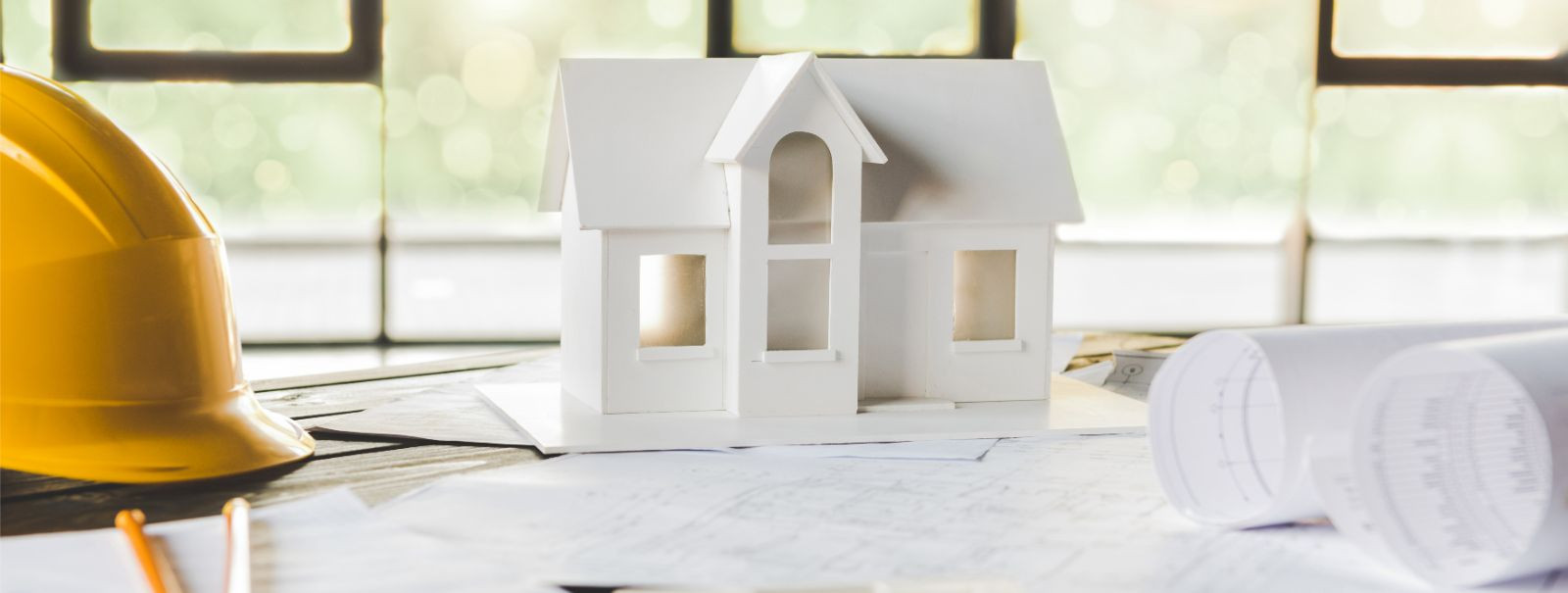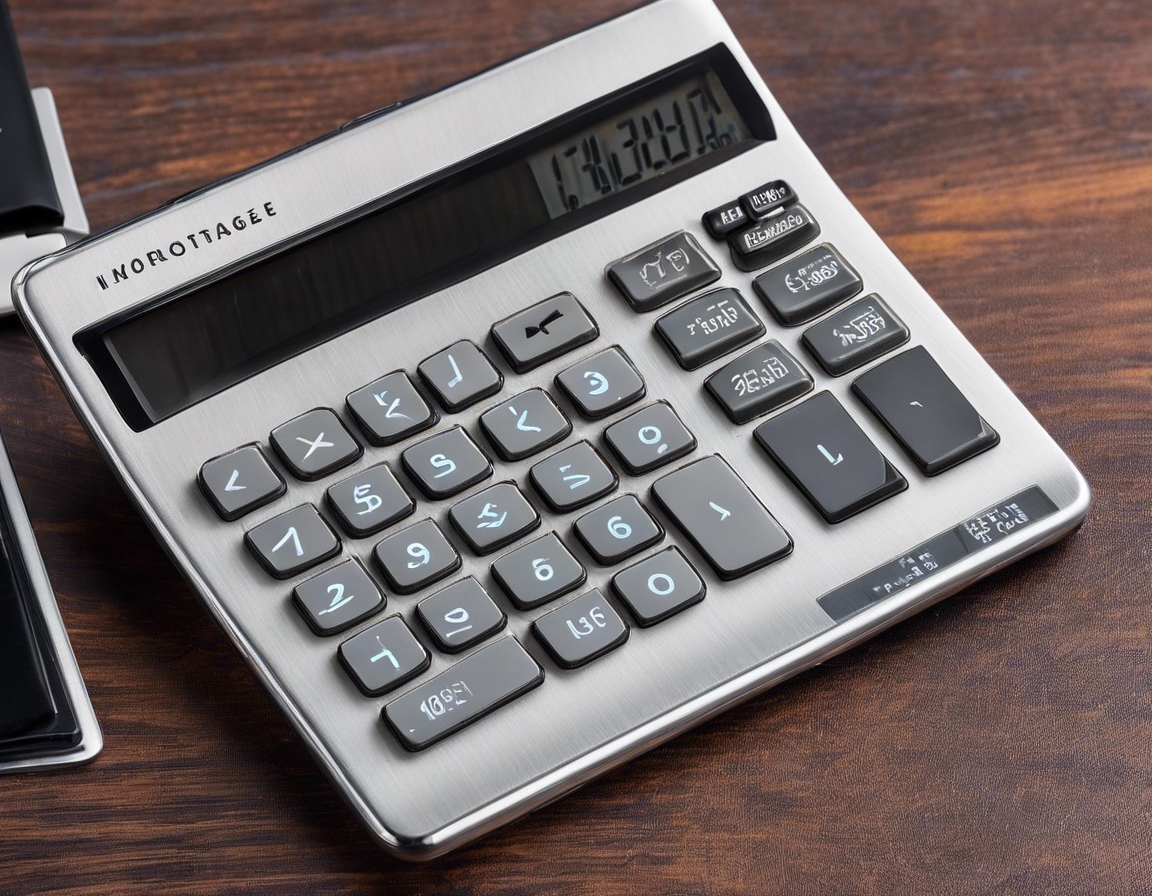The importance of property valuation in securing a loan
Property valuation, also known as real estate appraisal, is the process of determining the economic value of a real estate property. It is a critical component in various financial transactions, particularly when securing a loan. The valuation serves as a benchmark for lenders to ensure the property in question provides sufficient collateral against the loan amount.
Several factors can influence the value of a property, including its location, size, condition, market trends, and the current state of the economy. Understanding these factors is essential for both lenders and borrowers as they can significantly affect the loan terms.
The Role of Property Valuation in Loan Approval
From a lender's perspective, property valuation is a tool for risk management. It helps in determining whether the property can cover the loan amount in case of default. A thorough valuation process reassures the lender of the asset's worth and its potential to sell in the event of foreclosure.
For borrowers, a fair property valuation can lead to more favorable loan conditions. It can influence the maximum loan amount, interest rates, and repayment terms. Accurate valuation ensures that the borrower does not over-borrow, which could lead to financial strain or potential loss of the property.
Property Valuation Methods
Comparative Market Analysis is a method used to estimate the value of a property by comparing it to similar properties that have recently been sold in the same area. This approach considers factors such as location, property size, and features.
The income approach is particularly relevant for investment properties. It calculates the property's value based on the revenue-generating potential, considering the current market rate of similar rental properties.
The cost approach estimates the value of a property by determining the cost of constructing a similar property from scratch, including the price of the land and less any depreciation.
Preparing for a Property Valuation
When preparing for a property valuation, it is important to have all the necessary documentation ready. This includes property deeds, proof of ownership, recent tax assessments, and any relevant building plans or permits.
There are several ways to improve your property's value before a valuation, such as making repairs, updating fixtures, or enhancing curb appeal. These improvements can positively impact the final valuation figure.
Challenges in Property Valuation
Market volatility can make property valuation challenging as it affects property prices and market demand. Valuators must stay informed about current market conditions to provide accurate assessments.
Valuators must also navigate various regulations and ensure compliance with local and international valuation standards, which can add complexity to the valuation process.






Comments (0)